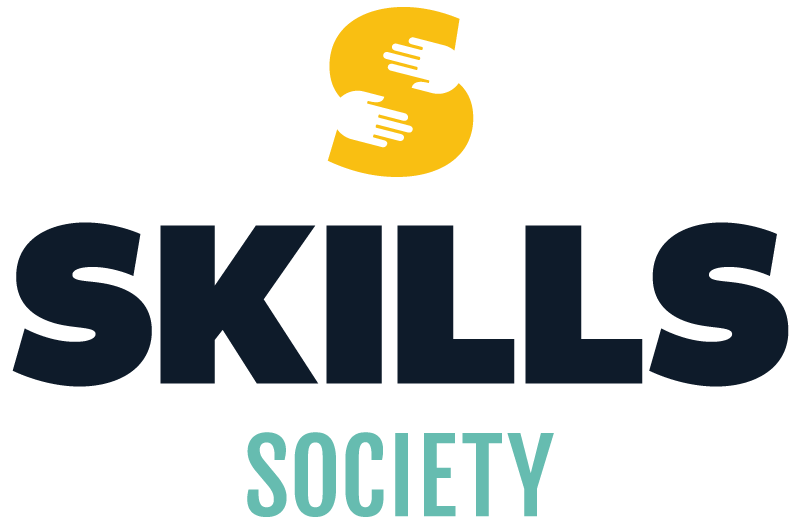Humanized Equity, Diversity, and Inclusion principles we steward and learn from
At Skills Society we believe our humanized[1] Equity, Diversity, and Inclusion approach should…
be grounded in our Vision, Mission, Values, and core purpose of helping people with intellectual disabilities thrive in community life
focus more towards uniting a diverse community more than it divides, by leaning more towards calling people in rather than calling people out so that learning can be more possible
recognize our shared humanity while also celebrating our unique individuality
strive to hold space to (un)learn from, value, and empower people of many diverse group identities and perspectives
weave humanizing EDI learning and practices through all of our policies, practices, committees, and related statements
commit to supporting robust learning on how everyone in our Skills community can be leaders and contribute to a healthy, inclusive community and workplace; this also grounds us in our efforts to be good treaty relatives, where part of our collective commitment is to be in good relations with all people, animals, and other beings with whom we share this land
encourage thoughtful sharing of power that is not oversimplified - recognizing roles hold accountability and power[2] differently
embrace the art of what’s possible with resources we have available to weave our EDI approach into Skills Society
encourage reflexivity, where situations are not only seen through lenses of power imbalance, but also through deep human lenses of shared humanity, compassion, joy, awe, camaraderie, and community
critique the systems[3] while empathizing and showing compassion for the humans caught by biases in systems
Humanized refers to approaches or actions that centre understanding, empathy, dignity, and respect for individual difference while simultaneously recognizing people’s common humanity. As part of our (un)learning journey, we call in ᑕᑕᐊᐧᐤ tatawâw - there is room for who you are, where you are from, and who you are becoming.
Power refers to the control or influence some individuals or groups have over others, shaping how resources, rights, and opportunities are distributed, and can lead to some individuals or groups having privileges(advantages) that are not equitably available to everyone.
Systems refers to the set of rules, processes, or structures organizations, societies, or groups use to operate or make decisions.
